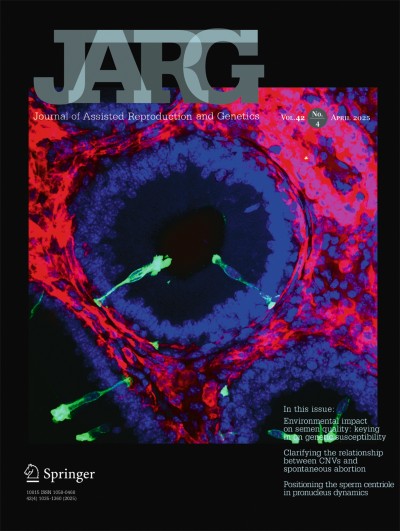Background
Genomic sequencing yields vast amounts of data, and the access of patients and research participants to their raw genomic data raises ethical and practical dilemmas.
Purpose
This paper aims to examine a challenging, underexplored question: whether gamete donors’ raw data should be provided to recipient parents.
Methods
Using a clinical case, we explore the key ethical, legal, and clinical implications of such access, weighing the advantages, disadvantages, and potential alternatives.
Results
Ethical implications include the feasibility of meaningful informed consent from donors for complex genetic testing, sometimes years after donation; privacy considerations; the type of medical information recipients can or should hold on donors; potential conflicts of interest between the donor and the child; and the potential for raised costs and commercial interests. Clinical implications involve the implementation of systems of storing donors’ raw data and devices of re-contacting past donors. Legal aspects include the informed consent of gametes donors to disclose their raw data to recipient parents and privacy protections, including their right to keep their raw data in confidence.
Conclusion
We advocate a cautious approach that favors clinically mediated access over unrestricted parental access.

